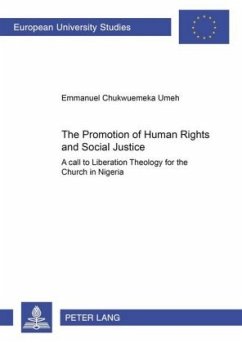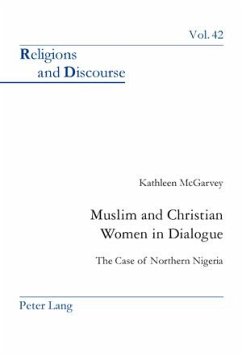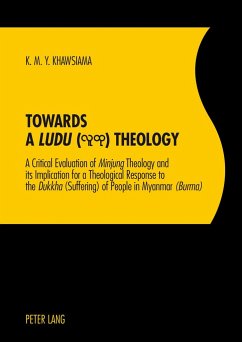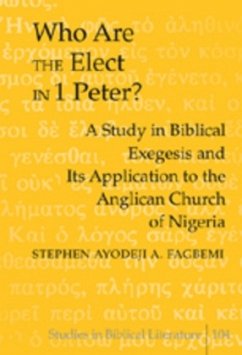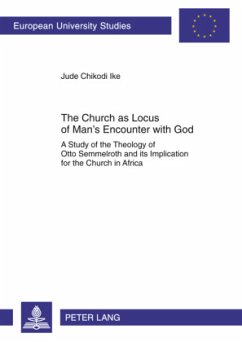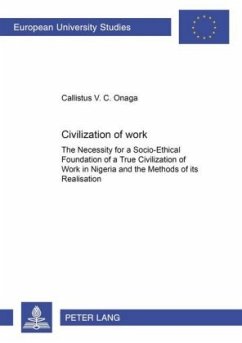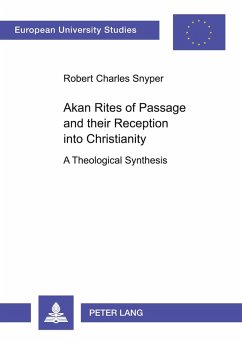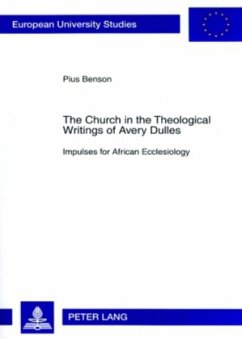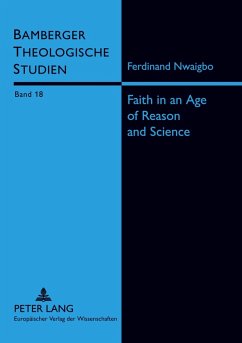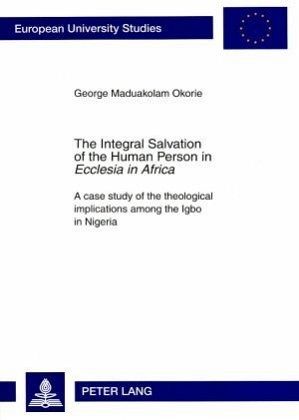
The Integral Salvation of the Human Person in 'Ecclesia in Africa'
A case study of the theological implications among the Igbo in Nigeria
Versandkostenfrei!
Versandfertig in 6-10 Tagen
129,65 €
inkl. MwSt.

PAYBACK Punkte
0 °P sammeln!
A theology that ignores the concrete life situations of people and their improvement falls short of its task. The author seeks to develop a contribution to theology taking concrete African living conditions as its starting point in the light of the 'fullness of life' (Jn 10,10) by linking a personal with a pastoral-biblical reflection on the meaning of salvation. The work initiates a theological dialogue between the biblical notions of redemption-salvation and the teachings of the Second Vatican Council vis-à-vis the Nigerian culture. Going to the Semitic and Greek roots of 'salvation', the w...
A theology that ignores the concrete life situations of people and their improvement falls short of its task. The author seeks to develop a contribution to theology taking concrete African living conditions as its starting point in the light of the 'fullness of life' (Jn 10,10) by linking a personal with a pastoral-biblical reflection on the meaning of salvation. The work initiates a theological dialogue between the biblical notions of redemption-salvation and the teachings of the Second Vatican Council vis-à-vis the Nigerian culture. Going to the Semitic and Greek roots of 'salvation', the work shows how the Igbo language-culture can enrich and be enriched by it. Biblically, in the Old Testament, salvation is a gift of God covering bodily, social, personal and interpersonal well-being. The transition from the Old to the New Testament brings a change of meaning in so far as salvation is bound up with the person of Jesus and his care for the human person. Consequently, the thesis intends to contribute to the realization of integral salvation in the Nigerian context in the light of the Church's mission in Africa using Ecclesia in Africa as a reference.



